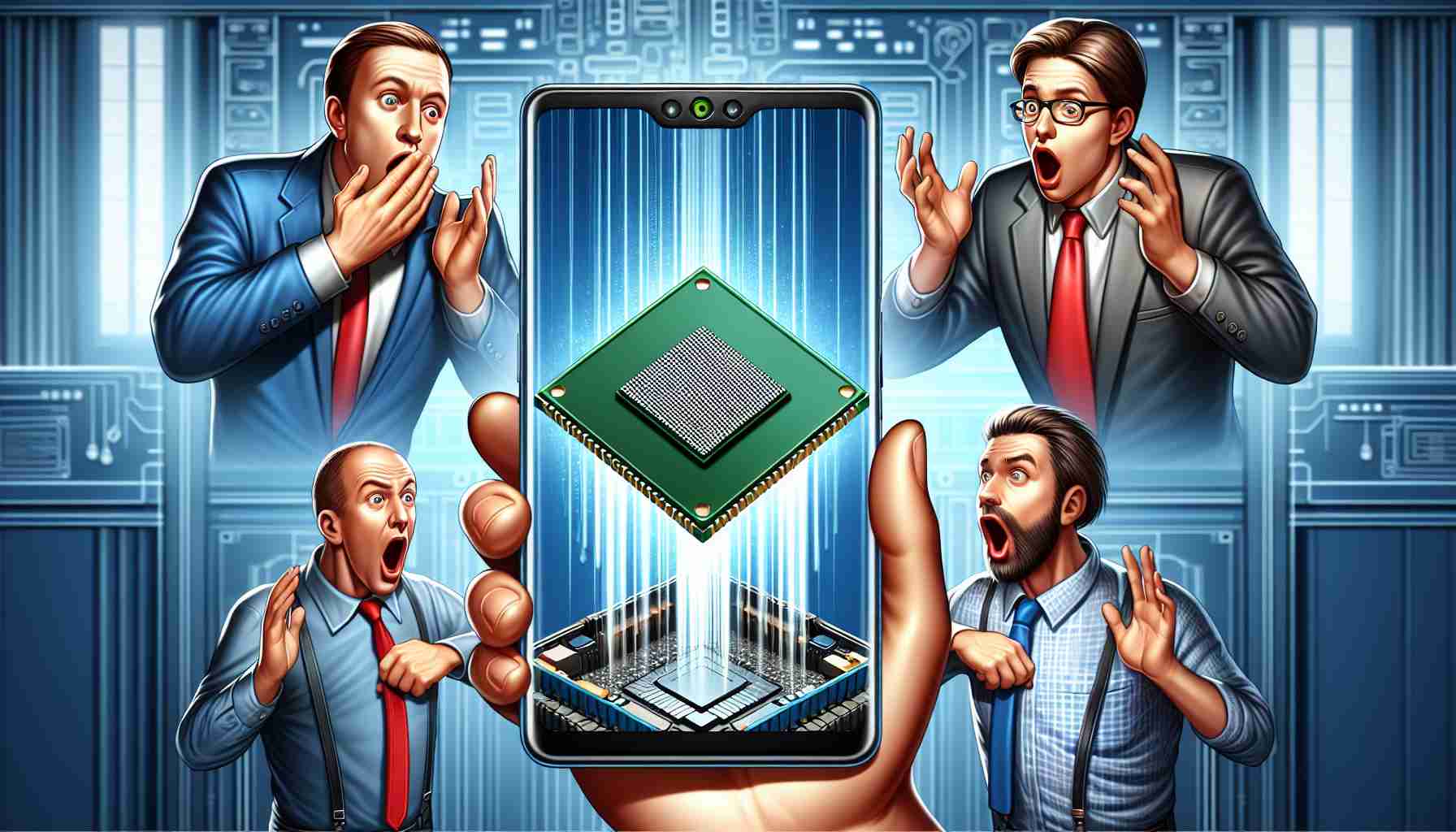In a significant shift within the electric vehicle (EV) sector, Enel X Way has announced the closure of its operations in North America, where it has managed the JuiceBox brand of EV chargers. The company plans to officially shut down its services on October 11th, resulting in the discontinuation of connectivity features for both commercial and residential chargers.
The announcement revealed that customer support would cease immediately, leading to a complete loss of app functionalities for JuiceBox users. This means that even homeowners with JuiceBox chargers can still charge their vehicles; however, they will lose access to critical features provided by the associated app. Users who previously relied on the app for monitoring charging status, setting schedules, and analyzing energy consumption will no longer have these capabilities.
Enel’s decision stems from various strategic considerations, particularly the evolving landscape of the EV market in the US. Changes in market dynamics, including rising interest rates and unmet sales growth expectations, have played a significant role in this decision. As Enel Group refocuses its efforts on its core markets, the company will hand over responsibilities to a third-party firm for the transition.
While this closure will impact operations in the US and Canada, the company’s global services remain unaffected, ensuring that existing customers outside of these regions can continue to enjoy support and connectivity.
Maximizing Your EV Experience After Enel X Way’s Closure
In light of Enel X Way’s recent announcement regarding the closure of its operations in North America, EV users may find themselves navigating changes in how they manage their electric vehicles and charging processes. Whether you are a long-time JuiceBox charger user or considering an EV, here are some tips, life hacks, and interesting facts to enhance your EV experience during this transition.
1. Explore Alternative Charging Solutions
With Enel X Way ceasing its operations, it’s essential to research other charging options in your area. Many companies offer charging stations that are compatible with various EV models. Platforms like PlugShare or ChargePoint allow you to locate nearby charging points and provide user reviews, making it easier to find reliable alternatives.
2. Utilize Smart Charging Features
Even without the JuiceBox app, many new EV models come equipped with their own smart charging features. Check your vehicle’s manufacturer app for functionalities similar to what JuiceBox provided, such as scheduling charging times or viewing energy usage. This can help you optimize charging based on electricity rates and your driving needs.
3. Engage with the EV Community
Participating in forums or EV community groups, both online and locally, can be immensely beneficial. These platforms offer advice, share experiences, and often provide insider information on the latest charging technologies or upcoming apps that could replace lost functionalities. Websites like EV Forums can be a great place to start.
4. Keep an Eye on Battery Health
As the EV landscape evolves, maintaining the health of your battery is crucial. Regularly monitor your battery’s state of charge and avoid letting it deplete too much. Apps that track your vehicle’s performance can be invaluable, even if they’re not specifically for JuiceBox.
5. Stay Informed About Incentives
Government programs and incentives for EV ownership can change frequently. Check government websites for tax credits, grants for home charging stations, or rebates for purchasing EVs. This can help reduce your overall cost of ownership and improve your charging options in the long run.
6. Consider Smart Home Integrations
If you have a smart home system, integrating your EV charging can enhance convenience. Many smart home devices allow you to control when your vehicle charges based on energy rates or usage patterns, which can save money and time.
7. Know Your Charging Capacity
Understanding your home’s electrical capacity is vital for effective EV charging. If your home is older, you might need to upgrade your electrical panel or wiring to accommodate higher charging levels. Hiring a certified electrician can provide guidance specific to your situation.
Interesting Fact: Did you know that charging an EV typically costs significantly less than fueling a gasoline vehicle? Depending on local electricity rates, charging your EV can be equated to paying around $1.00 per gallon of gasoline, making it an economical choice for many drivers.
As Enel X Way transitions out of the North American market, remaining proactive and informed will be key to continuing a seamless EV experience. Embrace the changes and take advantage of alternative technologies and community resources to stay ahead in the electric vehicle landscape. For more updates and information, visit Enel X.






















